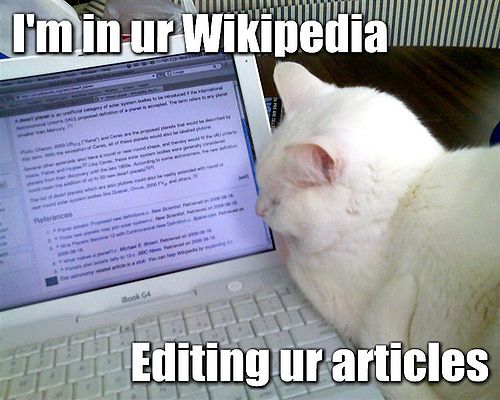I was quick to adopt the use of Foursquare, and have been addicted ever since. I don't know what is so fulfilling about getting imaginary points for simply going about your daily business, but something about it just makes you feel good. Not to mention the potential for gaining mayorships and discounts at local shops.
Another 'perk' Foursquare gives you is the ability to earn badges. Oh the badges, there's badges for just about everything. If you check into 10+ movie theaters you get a 'zoetrope' badge. If you check into 3 places with photobooth you get a photogenic badge. It's nice getting rewarding for things you're doing every day even though the rewards don't really transfer into real life.
Foursquare is primarily for smart phone users, however there are ways to get around this by using the mobile site on your computer to check into your location.
Foursquare users have also taken it upon themselves to create 4square meet-ups. Users will decide a location for everyone to meet at and then everyone goes and checks in together. It's a way for people in a city to get out and meet other locals! Plus if enough people show up to the event, you can earn a swarm badge.
For examples of meet ups in Indy and who's the reigning champs of points for the week check out FourSquare Indy's website!





